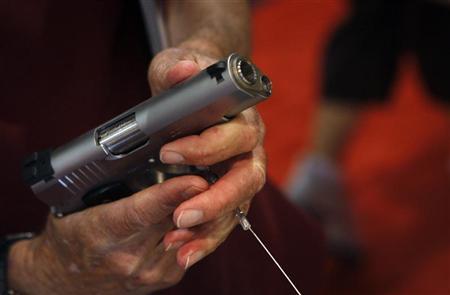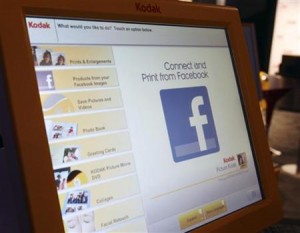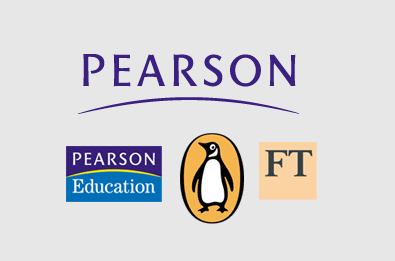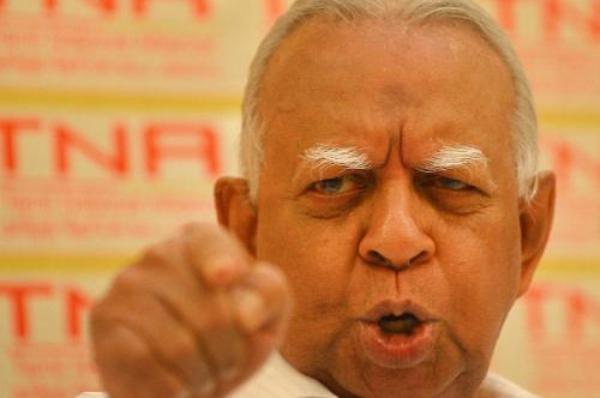 Most Americans support the right to use deadly force to protect themselves – even in public places – and have a favorable view of the National Rifle Association, the main gun-lobby group, a Reuters/Ipsos poll showed.
Most Americans support the right to use deadly force to protect themselves – even in public places – and have a favorable view of the National Rifle Association, the main gun-lobby group, a Reuters/Ipsos poll showed.
However, there was also strong support from respondents for background checks as well as limiting the sale of automatic weapons and keeping guns out of churches, stores and workplaces.
The online survey showed that 68 percent, or two out of three respondents, had a favorable opinion of the NRA, which starts its annual convention in St. Louis, Missouri, on Friday.
Eighty-two percent of Republicans saw the gun lobbying group in a positive light as well as 55 percent of Democrats, findings that run counter to the perception of Democrats as anti-NRA.
Most of the 1,922 people surveyed nationwide from April Monday through Thursday said they supported laws that allow Americans to use deadly force to protect themselves from danger in their own home or in a public place.
“Americans do hold to this idea that people should be allowed to defend themselves and using deadly force is fine, in those circumstances,” said pollster Chris Jackson. “In the theoretical … there’s a certain tolerance of vigilantism.”
The poll was conducted amid a nationwide debate over gun rights and race after the Florida shooting of an unarmed black teenager, Trayvon Martin by George Zimmerman, a neighborhood crime watch volunteer who is white and Hispanic.
The poll results were welcomed by the NRA, which is one of the most powerful lobby groups in the country and regularly clashes with anti-gun groups and often with Democrats as it seeks to protect and expand gun rights across the United States.
“Regardless of how others try to distort our position, the general public knows where we stand,” said NRA spokesman Andrew Arulanandam. “It shows the failure of the continuing efforts of many to try and discredit the National Rifle Association.”
The NRA hosts Republican presidential candidate and likely nominee Mitt Romney as a speaker at its convention on Friday.
Eighty-seven percent of respondents – with high numbers among both Republicans and Democrats – supported the use of deadly force to protect themselves from danger in their home.
Two-thirds said they backed laws permitting the use of deadly force to protect themselves in public.
GUN RESTRICTIONS NEEDED
According to the Brady Campaign to Prevent Gun Violence, nearly 100,000 people are shot every year in the United States in murders, suicides, accidents or police intervention.
Government statistics show 31,347 people died in the United States in 2009 from gunshots, including 11,493 in homicides.
Ninety-one percent of those who responded to the survey agreed on the need for background checks before a firearm can be sold. Only 6 percent said they thought gun ownership should require no, or very few restrictions.
Nearly three-quarters of respondents said they supported limiting the sale of automatic weapons, and 62 percent oppose bringing firearms into churches, workplaces or stores.
“A fairly large number of Americans support strong regulation, or at least moderate regulation of gun ownership,” said Jackson. “Which is sort of counter to the narrative you often hear that legislators can’t touch our guns or you’ll have to pay.”
Nearly half of those surveyed felt crime rates were rising where they lived – even though FBI statistics show that violent crime has declined for the past 4 1/2 years.
“People’s perception of crime always over-represents reality,” said Jackson. “I think that indicates the mind frame that the American public is in – there’s always a constant low-level worrying about street crime.”
As a result, 85 percent of those polled said they did not believe police could stop all crime and 77 percent felt regular people had to “step up” to help prevent crime from happening.
The survey included 650 Republicans, 752 Democrats and 520 independents. The precision of the Reuters/Ipsos online poll is measured using a credibility interval and this poll has a credibility interval of plus or minus 2.6 percentage points for all respondents.
Source : Reuters




































